The minister in charge of environment, forest, and climate change, Saber Hossain Chowdhury, emphasized the critical window of opportunity to limit global temperature rise to 1.5°C. Speaking at the Munich Security Conference in Germany, he outlined key targets for emissions reduction: peaking by 2025, halving by 2030, and achieving net zero by 2050.
The minister stressed the need for significant commitment and leadership to achieve these goals, warning that exceeding 1.5°C would exacerbate existing challenges and render sustainable development unattainable in many areas.
Highlighting Bangladesh's vulnerability, Saber pointed to threats like sea-level rise and increased drought, which already displace communities. By 2050, climate change could force around 13.3 million people to migrate internally in Bangladesh alone.
Minister Saber Hossain Chowdhury urged immediate action, framing it as a matter of survival and stressing the importance of developed nations supporting developing countries financially to mitigate and adapt to climate impacts.
Saber cautioned against relying on unproven technologies like carbon dioxide removal and solar radiation modification, advocating instead for known solutions like mitigation, nature-based approaches, and afforestation.
Other participants in the panel discussion included Carlos Alvarado Quesada, former president of Costa Rica; Hina Rabbani Khar, former foreign minister of Pakistan; and Maroš Šefčovič, European Commission executive vice president for the European Green Deal. Their contributions likely offered diverse perspectives on addressing climate overshoot, underscoring the urgency of collaborative, multilateral action to tackle this pressing global challenge.



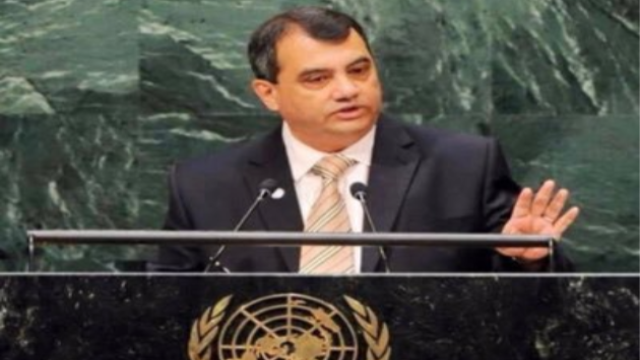
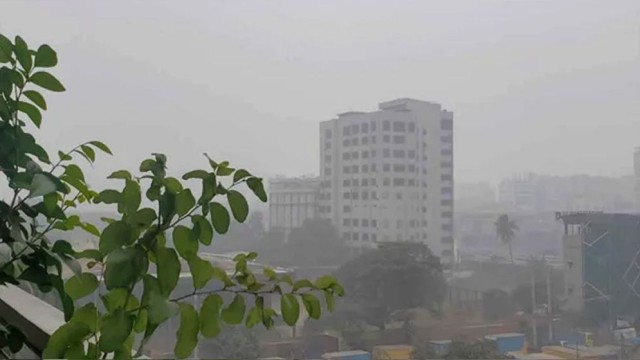
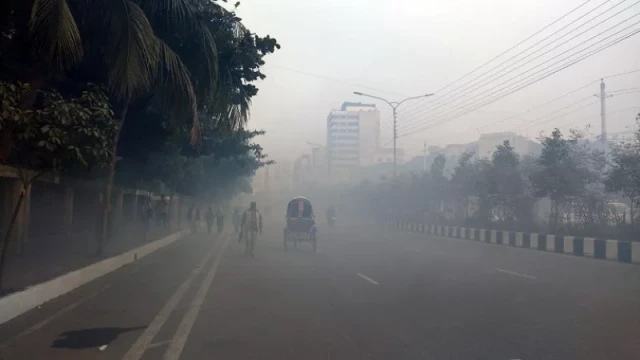
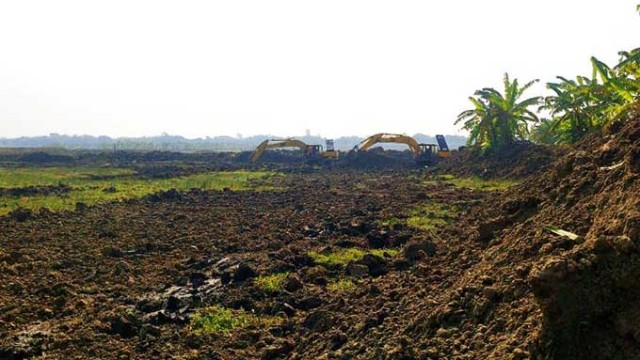
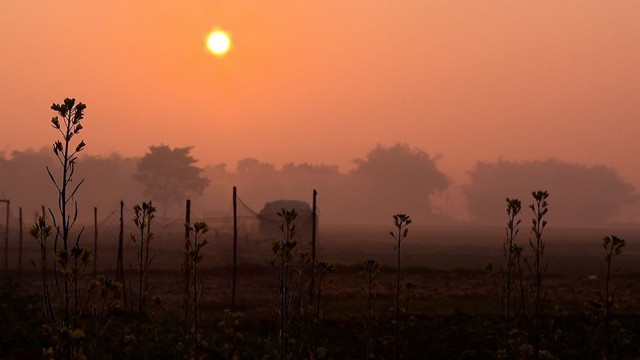

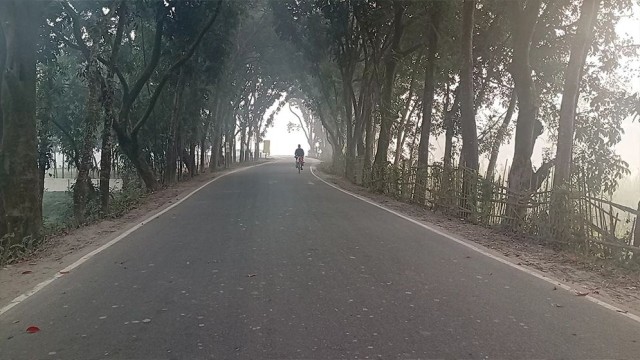
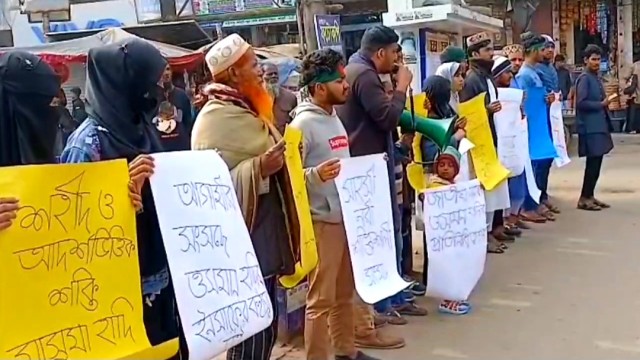


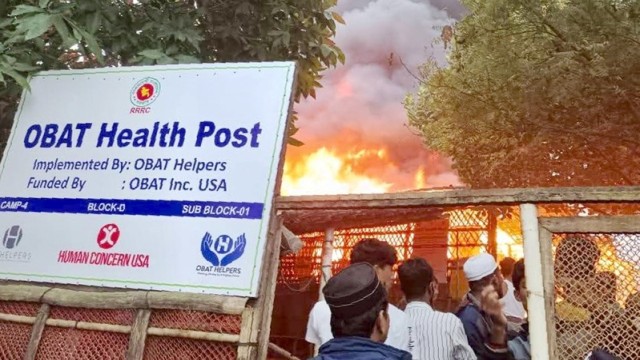
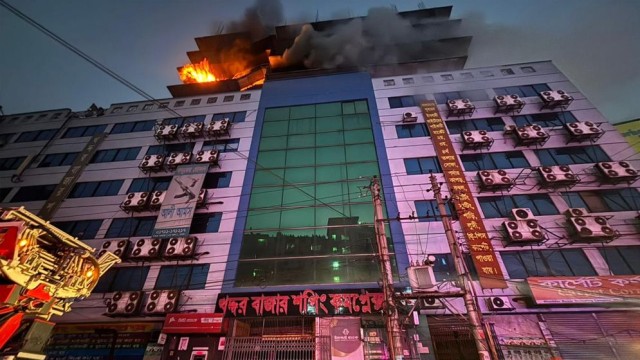

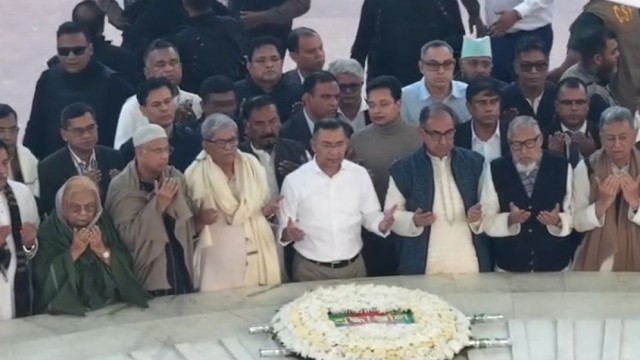
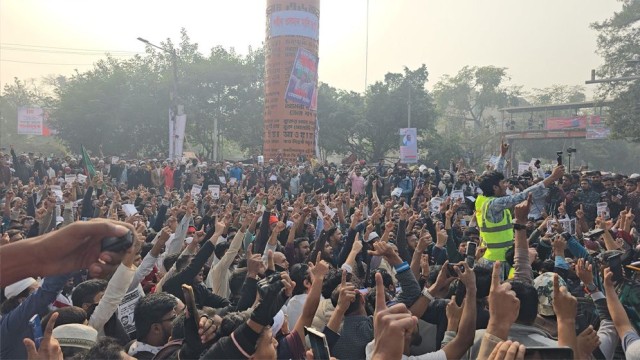
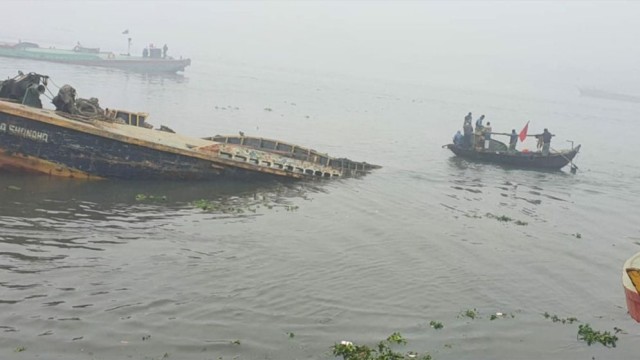
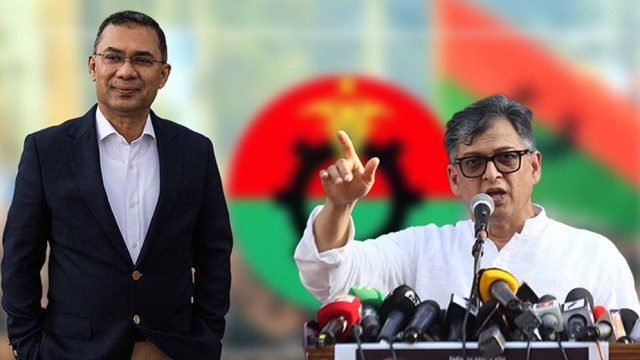

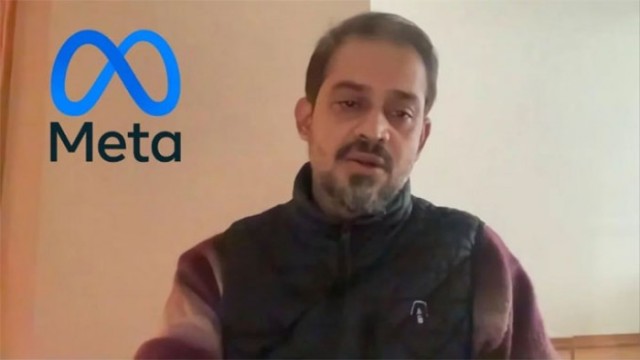
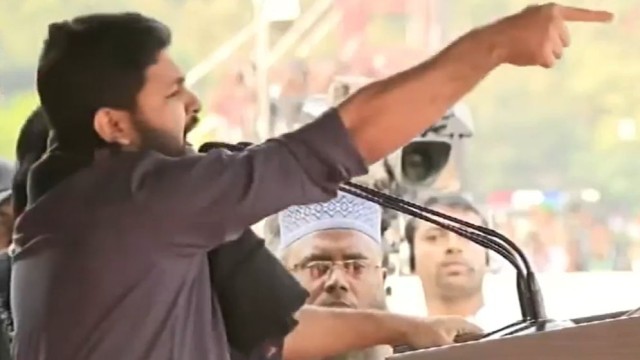

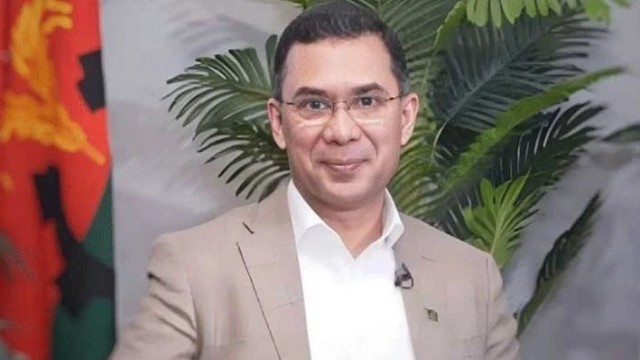
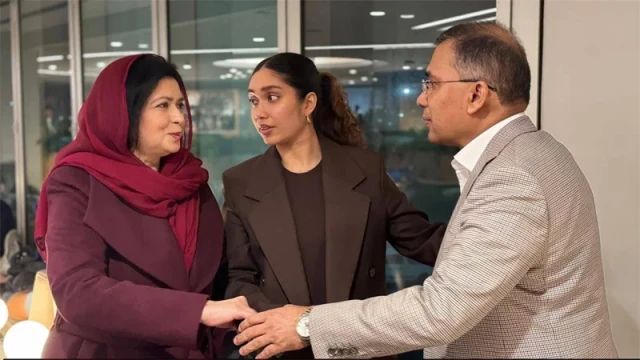
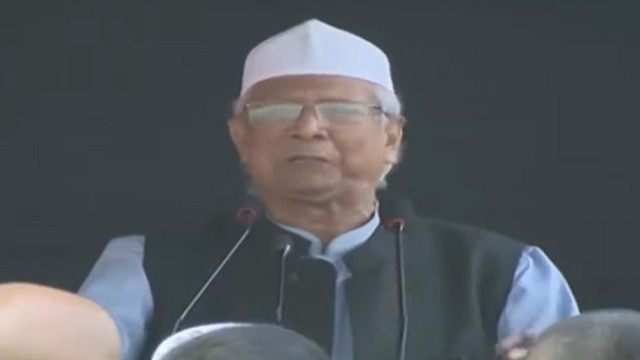
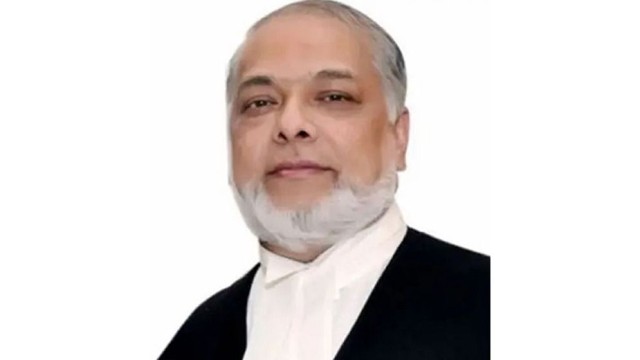
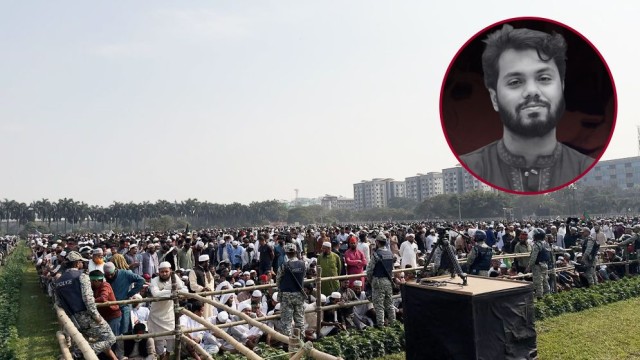
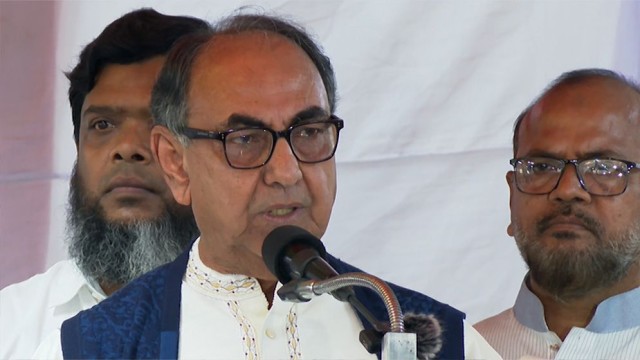

Comment: